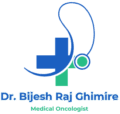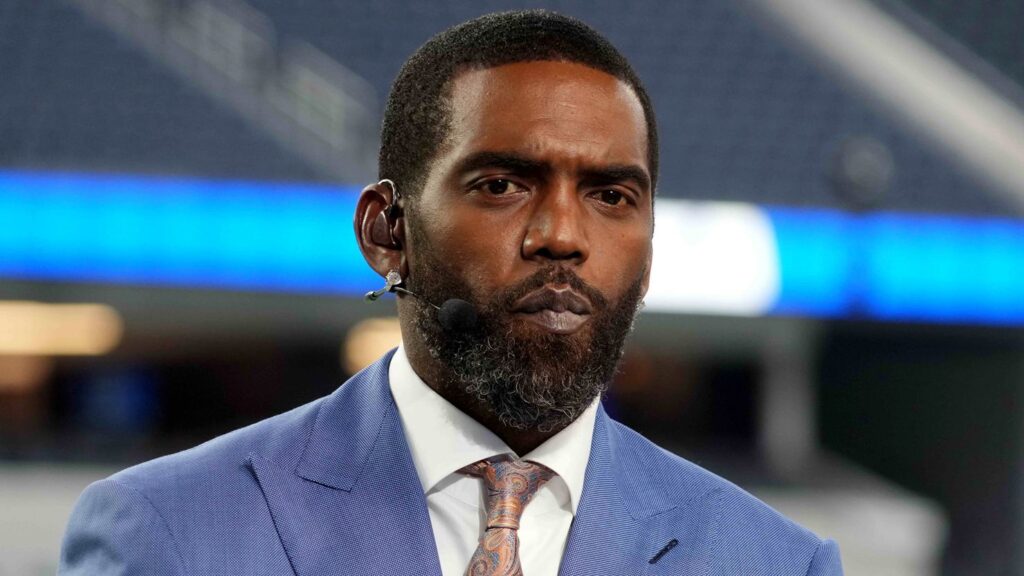In the world of sports, few names carry the kind of electrifying legacy as Randy Moss—the iconic NFL wide receiver known for his speed, game-changing plays, and fiery presence on and off the field. But in recent years, a different kind of buzz has quietly surfaced online: Did Randy Moss have cancer? Is he sick? Has he opened up about any health issues?
These questions have gained momentum on social media and search engines, driven by public curiosity, speculation, and a growing culture of health awareness tied to celebrities. In this article, we’ll explore what’s known, what’s not, and why this discussion matters beyond gossip.
Is There Any Truth to Randy Moss Having Cancer?
As of today, there is no verified public record, statement, or credible news source confirming that Randy Moss has been diagnosed with cancer.
The rumors appear to be largely unsubstantiated and possibly fueled by:
Moss’s occasional physical transformation or weight fluctuations seen on television appearances.
Speculative comments on forums or social media.
The broader trend of concern for retired athletes’ health.
Importantly, Randy Moss himself has not made any public statements regarding a cancer diagnosis or treatment. He remains active as a football analyst and appears regularly on ESPN’s NFL Countdown.
Why Health Rumors About Celebrities Spread So Fast
In today’s digital age, celebrity health rumors can spread rapidly—even when there’s no factual basis. Here’s why:
High visibility: Public figures are constantly scrutinized by fans and media.
Emotional connection: Fans feel invested in their idols’ lives and wellbeing.
Lack of official statements can fuel speculation.
Misinformation algorithms: Search engines and social media platforms often reinforce trending, but inaccurate, searches.
When someone like Randy Moss—who inspired millions through his athletic prowess—becomes the subject of a health rumor, the public responds not just with curiosity, but concern.
The Athlete’s Body After Retirement
One possible reason for health speculation around athletes like Moss is the visible toll that professional sports can take on the body. Many retired athletes face:
- Chronic pain or injuries
- Weight changes
- Neurological conditions like CTE (Chronic Traumatic Encephalopathy)
- Mental health struggles
Though none of this means Moss has cancer, it highlights a broader truth: Athletes are human too, and their post-retirement health journeys are often misunderstood or romanticized.
The Role of Celebrities in Cancer Awareness
While Randy Moss has not been linked to a cancer diagnosis, it’s important to acknowledge how celebrities who share their cancer journeys can play a powerful role in public health:
Chadwick Boseman’s silent battle with colon cancer raised global awareness about early screening.
Angelina Jolie’s preventive mastectomy started conversations around BRCA gene testing.
Kathy Bates, Hugh Jackman, and Robin Roberts have all used their platforms to raise awareness and inspire action.
In this context, it’s easy to understand why people look to icons like Moss—not only as athletes, but as potential advocates in health-related causes.
Why This Conversation Still Matters
Even though Randy Moss has not confirmed any cancer diagnosis, the online interest says a lot about:
The public’s hunger for transparency from public figures.
The emotional bond between fans and athletes.
The importance of separating rumor from reality—especially in health-related topics.
More importantly, this serves as a reminder: rather than speculate, we can channel our curiosity into compassion, and use the moment to promote real cancer awareness, prevention, and support for those who are truly battling the disease—famous or not.
Final Thoughts
Randy Moss, the legendary wide receiver, is known for “Straight cash, homie” energy—not secret battles. While cancer rumors have surfaced, there is no verified evidence to support them. Until or unless he addresses the matter himself, it’s respectful and responsible to treat such topics with sensitivity.
Let’s use moments like this to reflect on the real stories of cancer warriors around us—and to encourage regular screenings, open conversations, and kindness.
If you or someone you know is concerned about cancer symptoms or risks, consult a medical professional. Early detection saves lives.

